Preserving Authenticity: An Interview with Kaspar of Länggass-Tee
- Lorela Lohan
- 5 days ago
- 6 min read
An Interview with Kaspar Lange of Länggass-Tee
Introduction
I first met Kaspar at the Berlin Tea Festival last November, but the Länggass-Tee brand was already well-known to me through my visit to the Monte Verità shop and its associated tea plantations in 2021. They were among the rare few carrying high-quality Korean teas—including a yellow Korean Tea—which had left a lasting impression on me. So, during my tea travels in Switzerland earlier this March, visiting the Länggass-Tee shop in Bern was a must. While enjoying an exceptional high-end tea, Kaspar and I discussed the possibility of conducting a more in-depth conversation.

Now one of the managing partners of Länggass-Tee, Kaspar has dedicated his life to curating and preserving the legacy of one of Europe’s oldest and most renowned speciality tea shops. Our conversation delves into his journey, the evolution of the family business, and the challenges and triumphs of navigating the world of speciality tea.
Growing Up in a Tea-Centric Family
Lorela: Kaspar, you grew up in a family deeply devoted to tea. What was it like being raised in an environment where tea was not just a beverage but a way of life? Did you always envision joining the family business, or did you consider alternative paths?
Kaspar: Growing up, tea was always present in our home, but it wasn’t something I thought about deeply. It was normal for us. We learned early on what green tea was, and what black tea was, but it wasn’t to join the business. We also helped out as kids—packing tea lists, sending them to clients, and occasionally assisting in the shop. However, my real passion for tea didn’t develop until I travelled to China. That was when I truly began to see the depth of tea culture and realised this was something I wanted to be a part of.
Founding and Early Challenges of Länggass-Tee
Lorela: Länggass-Tee was founded in 1983 when the tea culture in Switzerland was still relatively unknown. What were the main challenges your parents faced in establishing the shop?
Kaspar: When my parents started, there were very few tea shops in Switzerland—maybe two or three, and they were small. My father, who was from Hamburg, was already familiar with tea culture from Germany, and my mother also enjoyed tea, though not in the way we do today. They wanted to do something together, and despite scepticism from those around them, they opened Länggass-Tee.
The first big challenge was that the tea they ordered didn’t arrive in time for the opening. They faced logistical issues right from the start. Initially, they sourced tea from Germany, particularly Hamburg and Bremen, as they had no direct contact with Asian producers. The shop was small, but it slowly gained a reputation for quality, which has remained our guiding principle ever since.
Traveling to China, Sustainability & Building Relationships with Producers
Lorela: You started travelling to China in 2003 to source tea directly. How did that experience shape your perspective on tea, and how did you build relationships with producers in such a competitive and closed industry?
Kaspar: Traveling to China changed everything for me. Before that, I had been studying history, politics, and Spanish literature—subjects far removed from tea. But travelling to China opened my eyes to tea as a culture, an art, and a way of life.
Building relationships with producers was not easy. Trust is crucial, and in China, the best products are hard to find—and without demonstrating a deep understanding of tea, nearly impossible to access.
I quickly learned that doing business wasn’t just about transactions; it was about forming genuine connections.
I focused on being humble, learning about their traditions, and above all studying Chinese to communicate better. Over time, this approach allowed us to access better teas and establish long-term partnerships.
A pivotal moment in my Chinese tea journey was meeting Liping and Sanmao, tea travellers like me, by chance at tea producers. They originate from China and are the founders of the non-profit organization, Les Feuilles Verts, based in Brussels which aims to disseminate the Chinese tea culture in Belgium since early 2000. They became my tea teachers and high-esteemed friends.
Sustainability has always been an important part of our sourcing philosophy. While many of our teas are grown using traditional, sustainable methods, obtaining official organic certification can be prohibitively expensive for small-scale farmers. Instead of relying on labels, we ensure ethical sourcing through direct relationships and site visits. This commitment allows us to offer high-quality tea that is both ethically and environmentally responsible.
Balancing Tradition with Innovation
Lorela: Many family businesses struggle with integrating modern ideas while preserving tradition. How did you navigate this transition?
Kaspar: My parents never pressured me or my brothers to take over the business, which gave me the freedom to find my way into it. When I decided to join, I started by working in the shop like everyone else—selling tea, preparing tastings, and learning the daily operations. One of my contributions was introducing Gongfu Cha to Switzerland. My parents didn’t know about this traditional Chinese tea preparation, but I saw its potential and started importing the necessary teaware. This was one of the ways we modernized without compromising on tradition. We also began sourcing tea directly from producers rather than relying on European middlemen, which allowed us to improve quality and authenticity.

The Role of Tea Travels and Cultural Exchange
Lorela: Länggass-Tee organizes tea travels to various countries, allowing people to experience tea culture firsthand. How did these trips come about, and what impact have they had on your business and customer education?
Kaspar Lange: The idea of tea travels emerged naturally from our philosophy of not just selling tea but also sharing its culture. My brother, who has a background in travel and tourism, played a big role in developing these trips. He organizes guided tours to China, Japan, Korea, Taiwan, and Vietnam, allowing participants to visit tea farms, meet producers, and understand the effort behind every cup of tea.
These journeys are eye-opening for many tea lovers. They see firsthand how much work goes into growing and processing tea, which enhances their appreciation for quality. It’s not just about buying tea—it’s about understanding the people and traditions behind it. The knowledge they gain also helps us cultivate a more informed customer base back home.
Tea Education and Workshops
Lorela: Länggass-Tee is not just about selling tea; you also focus on education through your Tea School and workshops. What inspired you to start these programs?
Kaspar: Education has always been part of our philosophy. My mother initially held small tea courses because customers were curious and wanted to learn more. Later, my wife, who was a teacher, expanded this into a more structured Tea School when she joined the business in 2011. We believe that an appreciation for high-quality tea comes with understanding. Many people start with flavoured teas or simple blends, but through tastings and workshops, they develop a palate for more complex and traditional teas. The Tea School helps bridge that gap, guiding customers from entry-level teas to speciality selections. It also strengthens our community of tea lovers who share our passion for quality and authenticity.
Future Vision for Länggass-Tee
Lorela: What does the future hold for Länggass-Tee? Do you plan on expanding beyond Switzerland?
Kaspar: We have no plans to expand on a large scale. Keeping our quality high requires careful control over sourcing, and expanding too much would force compromises. We’ve decided to keep our tea bag production within Switzerland and not export to Europe in bulk. However, we do want to reach more speciality tea enthusiasts worldwide through our online store and selected partnerships. For now, our focus remains on maintaining high standards, deepening our relationships with producers, and continuing to educate our customers. We believe that if people are looking for high-quality tea, they will find us.
The last and most important question
Lorela: Last and very important question, what is your favourite tea?
Kaspar: As for a favourite tea, it's difficult to say, as it may change daily :-) But over the years, and if I look at the amount of how much I drink of it, it'll be Xihu Longjing. My special favourite is the unusual Lao Cong Long Jing, unusual because it's made of old tea bushes from the 19th century, they are over a hundred years old now. Normally they would not do green tea from old bushes. So it's an original Xihu Longjing, from old bushes.
Personal reflections
Meeting Kaspar and discussing the journey of Länggass-Tee was an enriching experience. What stands out most is the unwavering commitment to quality, tradition, and ethical sourcing that has defined the business since its inception. In a world where many companies chase rapid expansion, Länggass-Tee remains steadfast in its values, proving that success is not always about scaling up, but about staying true to one’s principles.
Their dedication to sourcing directly from producers, fostering genuine relationships, and prioritizing sustainability over labels is admirable. It’s rare to find a business that balances tradition with modernity so seamlessly, and Länggass-Tee does just that.
For tea enthusiasts, visiting their shop is more than just a retail experience—it’s an opportunity to connect with a deep and passionate tea culture. I left with a renewed appreciation for speciality tea and the people who dedicate their lives to bringing it to us.
This conversation reaffirmed my belief that authenticity, knowledge, and passion will always shine through. Länggass-Tee is not just preserving tradition; it’s setting a standard for what true tea appreciation should be.
Pictures were credited by Länggass-Tee

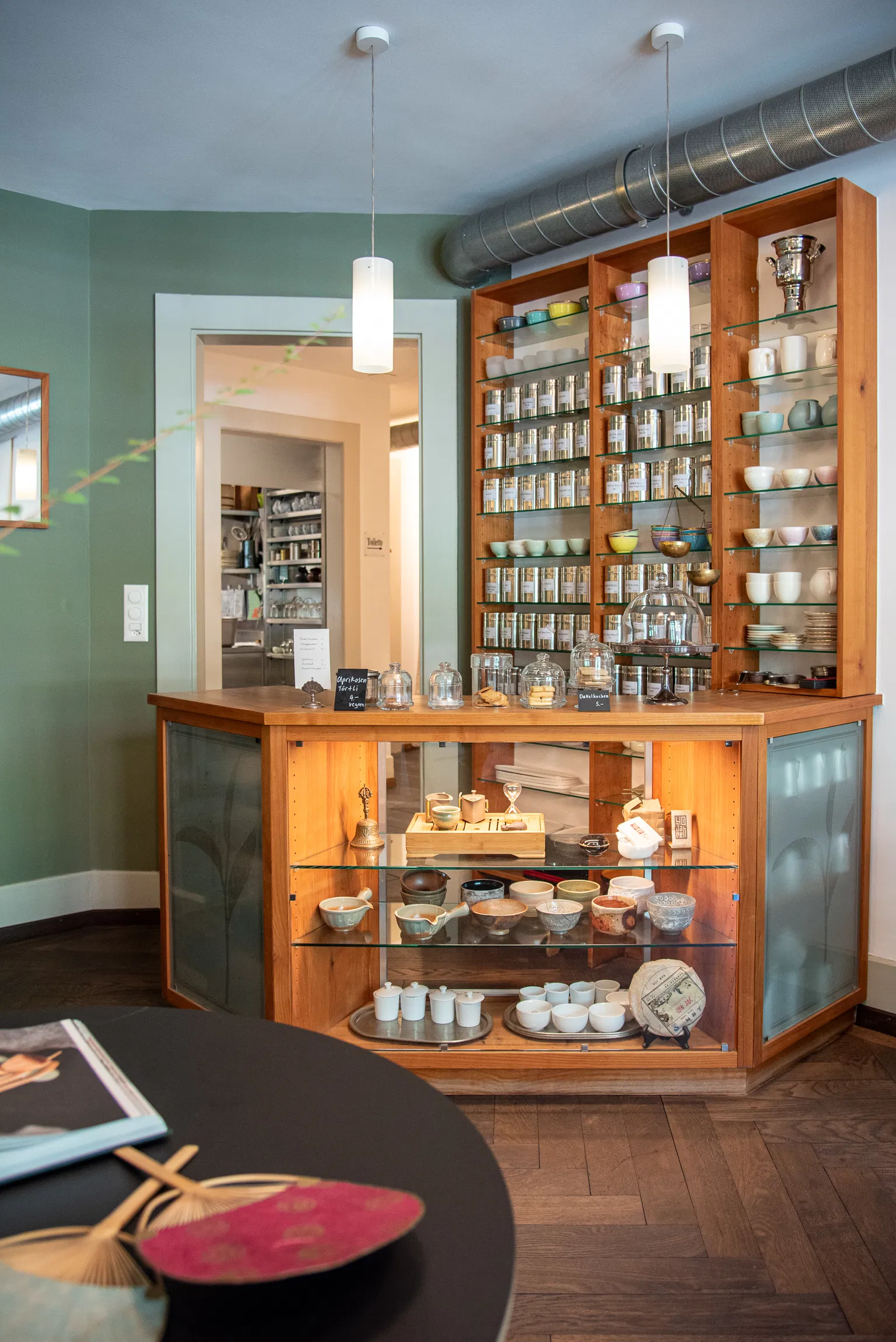
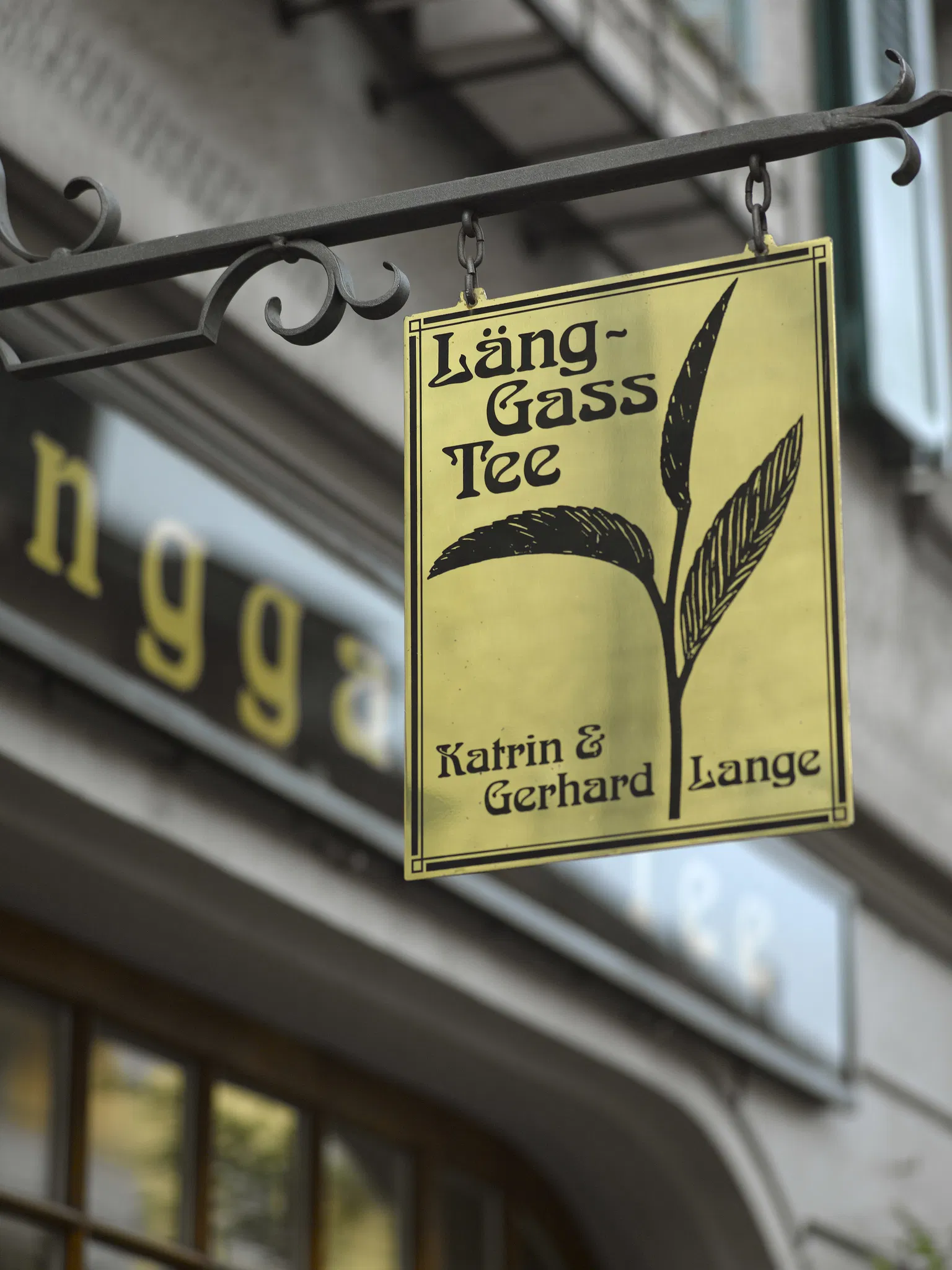









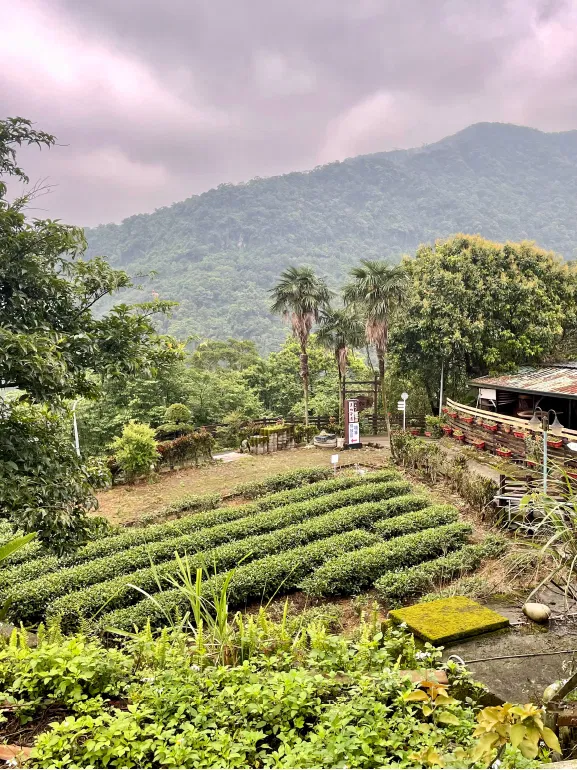
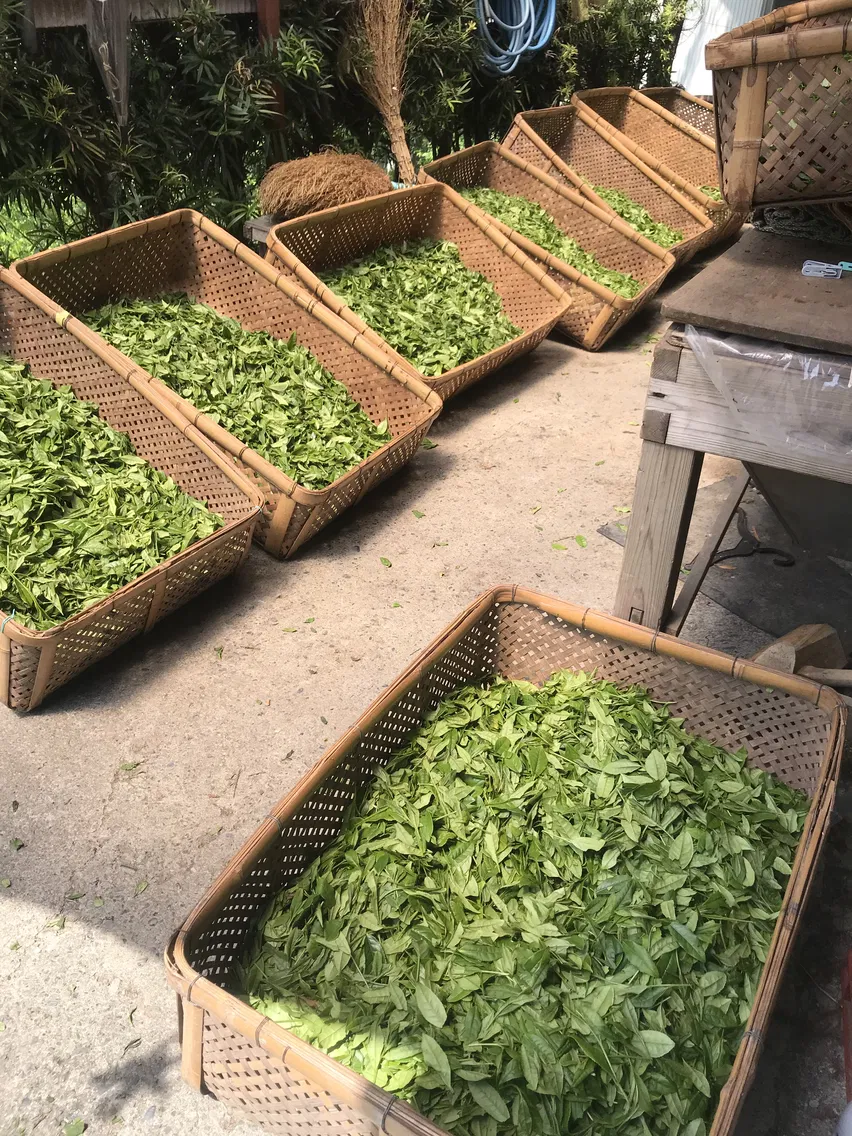



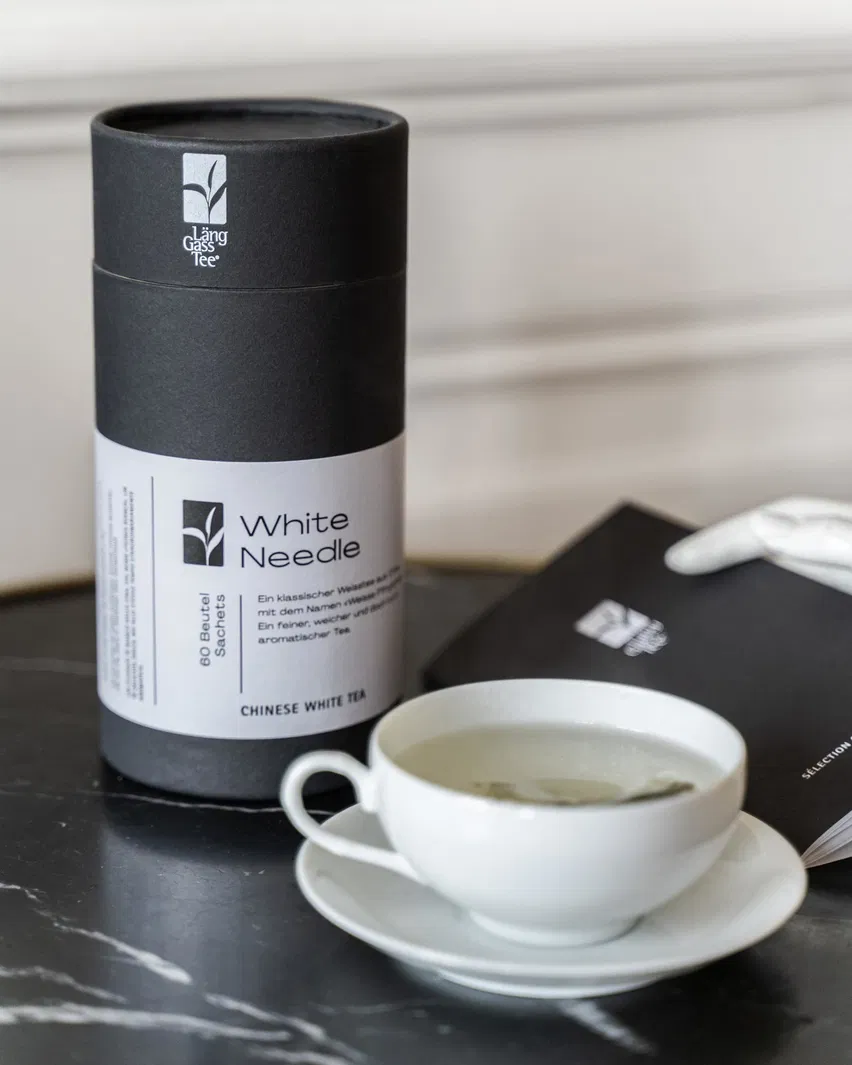



Comments